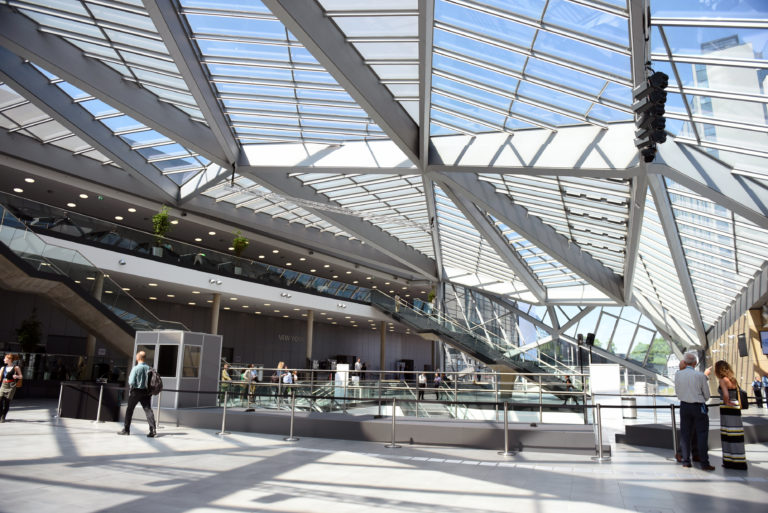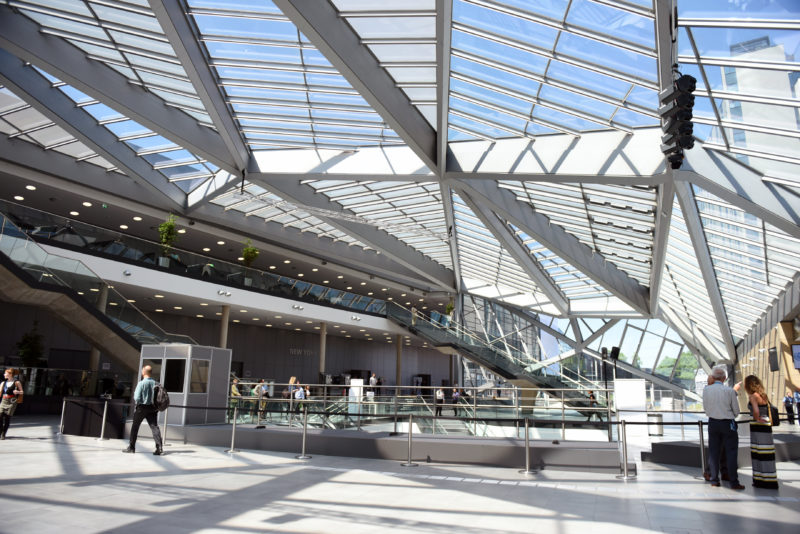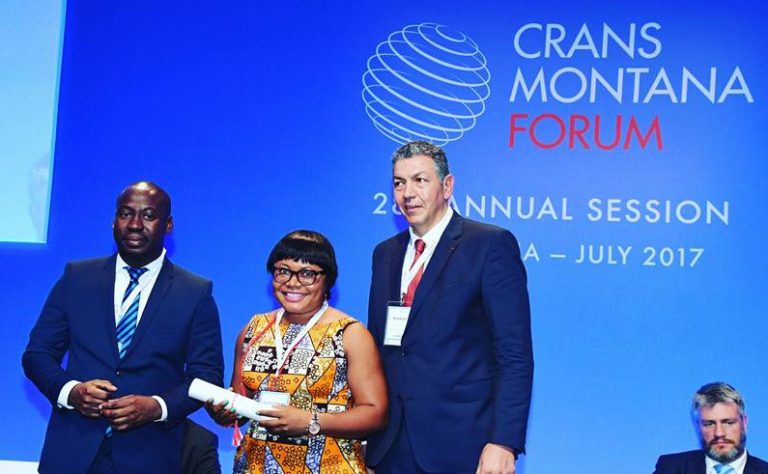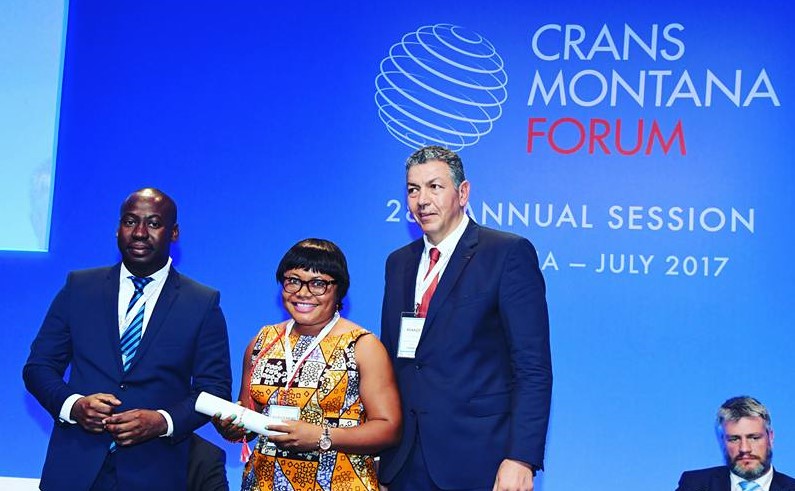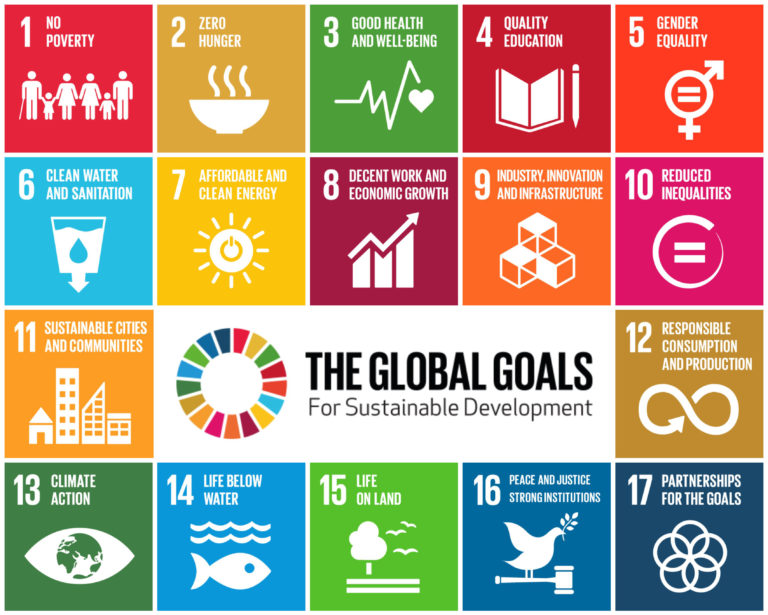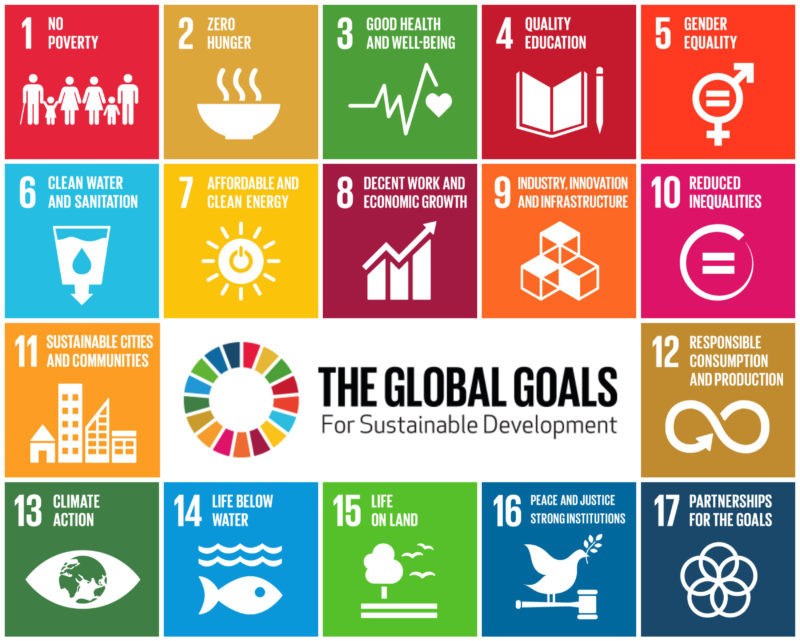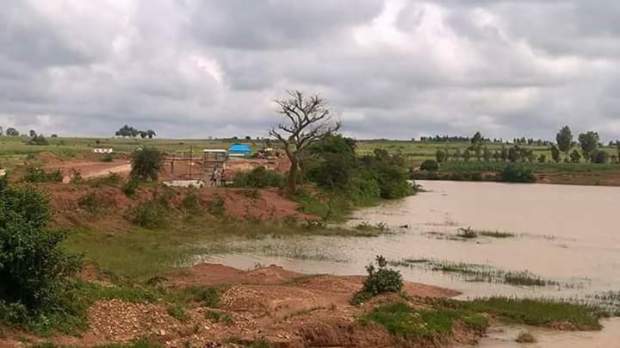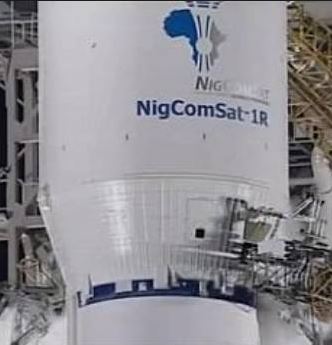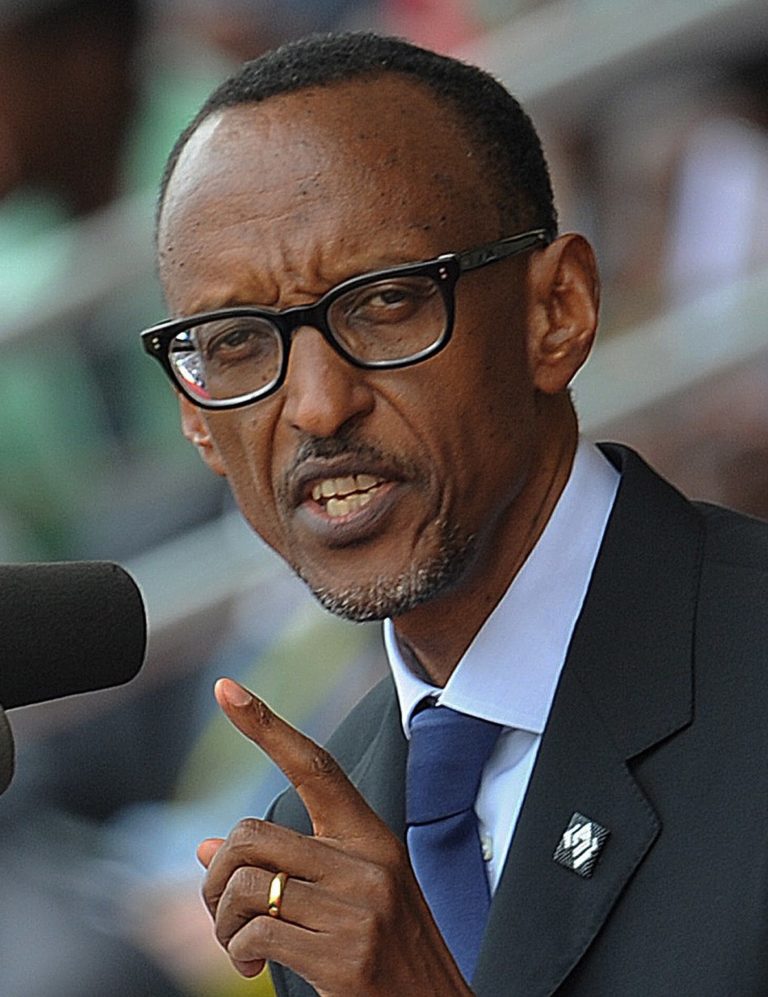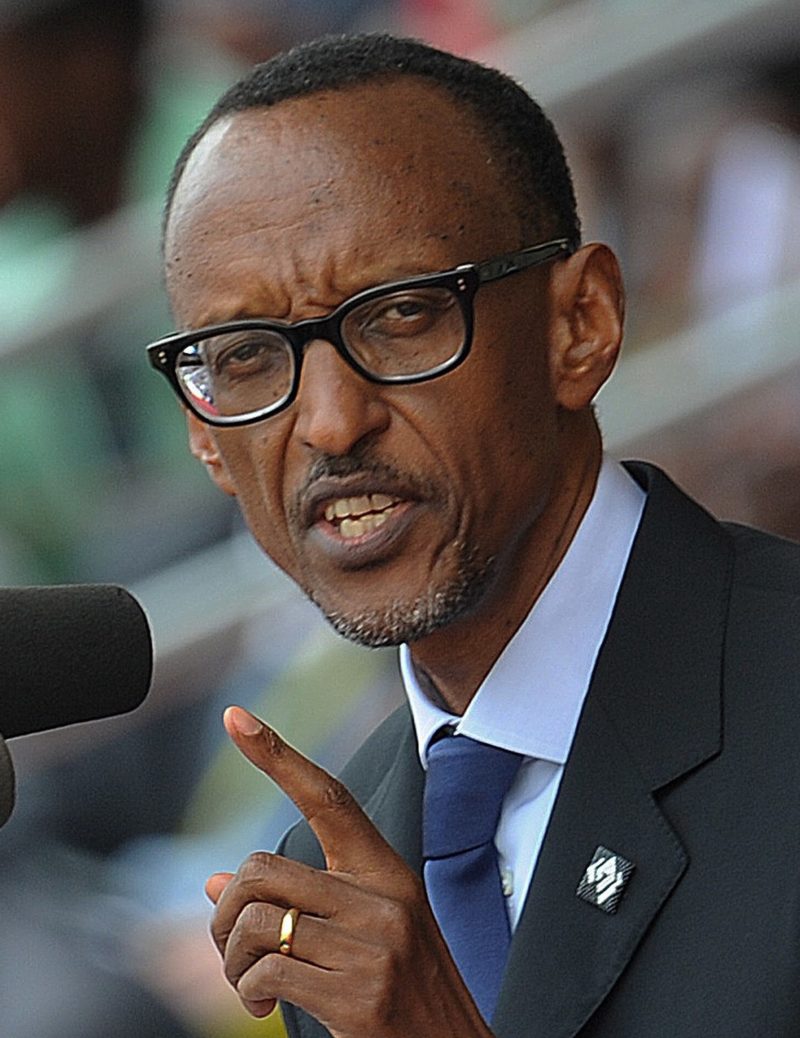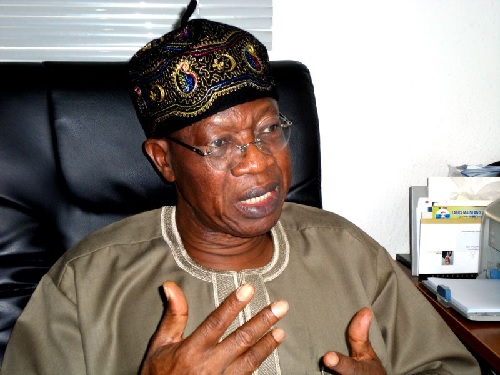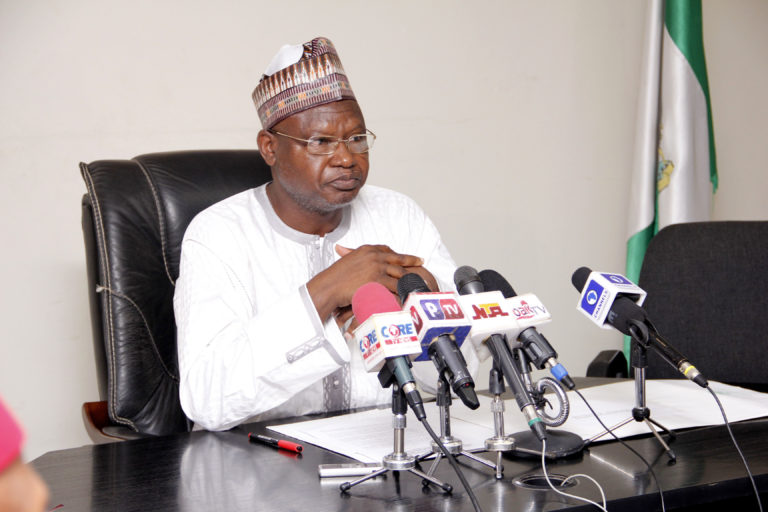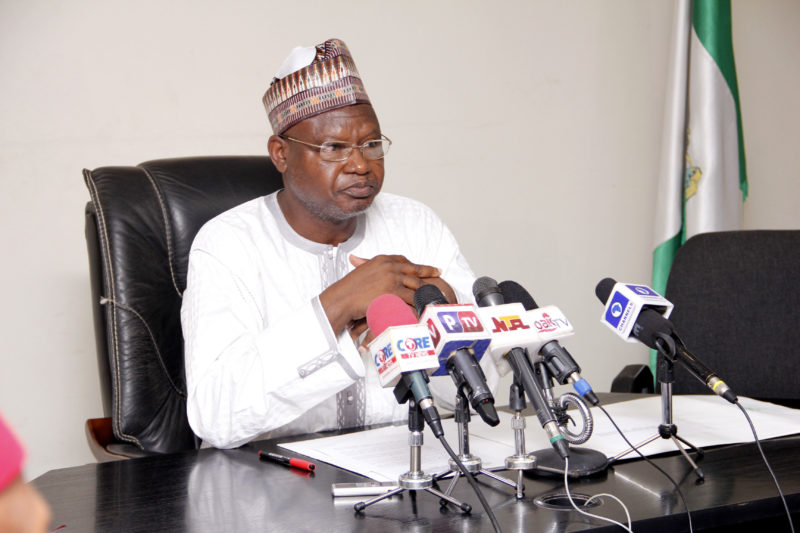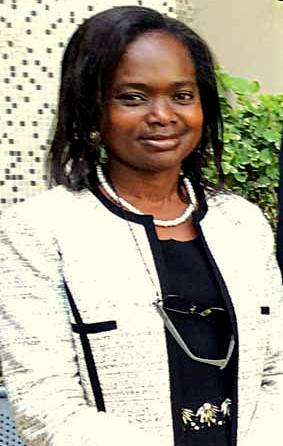The United Nations Environment Programme (UNEP) has selected Nigerian youth campaigner, environmentalist and digital media expert, Olumide Idowu, to make a presentation on how youths in Africa are putting solutions to pollutions in Africa at the upcoming the Third Session of the United Nations Environment Assembly of the UN Environment Programme (UNEA-3).
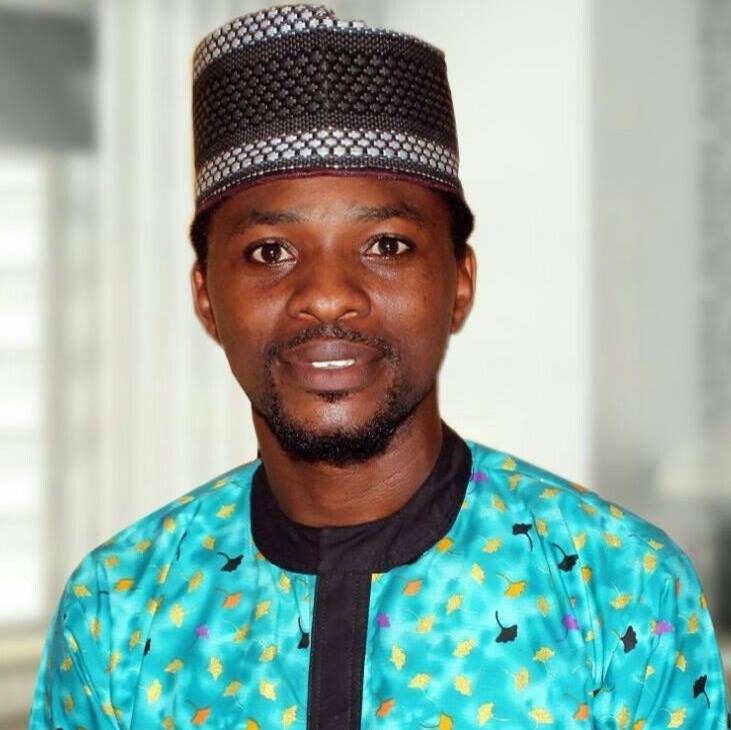
He will also be managing the social media and communications functions for civil societies at the event, scheduled to convene from December 4 to 6, 2017 in Nairobi, Kenya. The forum has “Towards a Pollution-Free Planet” as its theme.
The UNEA-3 will be preceded by the third meeting of the Open-Ended Committee of Permanent Representatives to UNEP (OECPR 3), taking place from November 29 to December 1, 2017 in Kenya.
UNEA-3 aims to deliver a number of tangible commitments to end the pollution of air, land, waterways, and oceans, and to safely manage chemicals and waste, including a negotiated long-term programme of action against pollution that is linked to the Sustainable Development Goals (SDGs). The High-Level Segment of UNEA-3, which will take place from December 5 to 6, is also expected to endorse a political declaration on pollution, aimed at outlining policy measures for, inter alia, addressing pollution to protect human health while protecting the developmental aspirations of current and future generations.
The ministerial segment will debut the interactive “Leadership Dialogues,” aimed at providing participants with an opportunity for high-level engagement and discussion on how to achieve a pollution-free planet.
Other UNEA-3 outcomes will include voluntary commitments by governments, private sector entities and civil society organisations to address pollution, and the “#BeatPollution Pledge,” a collection of individual commitments to clean up the planet.
Discussions at UNEA-3 will draw on a background report by the UNEP Executive Director, titled “Towards a Pollution-Free Planet.” The report explores the latest evidence, as well as responses and gaps in addressing pollution challenges, and outlines opportunities that the 2030 Agenda presents to accelerate action on tackling pollution.
In addition to preparing draft decisions for UNEA-3, OECPR 3 will review progress reports on the implementation of various decisions and resolutions of previous UNEA sessions, including:
- UN Environment’s contribution to the implementation of the 2030 Agenda for Sustainable Development;
- support to the implementation of the Paris Agreement; sound management of chemicals and waste;
- prevention, reduction and reuse of food waste; marine plastic litter and micro plastics;
- illegal trade in wildlife and wildlife products;
- protection of the environment in areas affected by armed conflict; and
- enhancing the work of UN Environment in facilitating cooperation, collaboration and synergies among biodiversity-related conventions. The meeting will also consider a progress report on the Sixth Edition of the Global Environment Outlook (GEO-6).
Other events taking in conjunction with UNEA-3 include:
- the 17th Global Major Groups and Stakeholders Forum from November 27 to 28;
- the Science, Policy and Business Forum from 2-3 December 2 to 3; and
- the Sustainable Innovation Expo, from December 4 to 6, which will seek to complement the Leadership Dialogues by showcasing innovative solutions, as well as investment opportunities for addressing the world’s environmental challenges.
Idowu has over 10 years of experience working on social media, environment, climate change, monitoring & evaluation and sustainable development issues. He is a climate change policy expert and trainer with extensive experience in creating, facilitating and managing youth-led projects. He has represented Nigeria and Africa at over 10 high-level global governance meetings on sustainable development.
He is the co-founder of Climate Wednesday, a not-for-profit outfit which seeks to identify key climate-based issues affecting developments especially in Nigeria and Africa in general.
He presently serves as the senior communications officer for African Youth Initiative on Climate Change and a volunteer to Save the Children Nigeria on Advocacy and Campaign.

